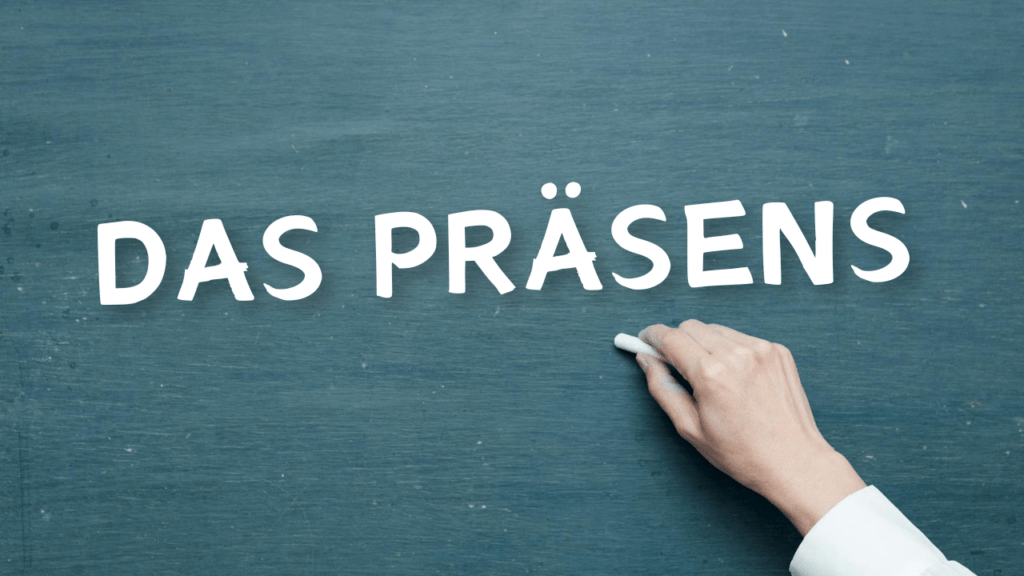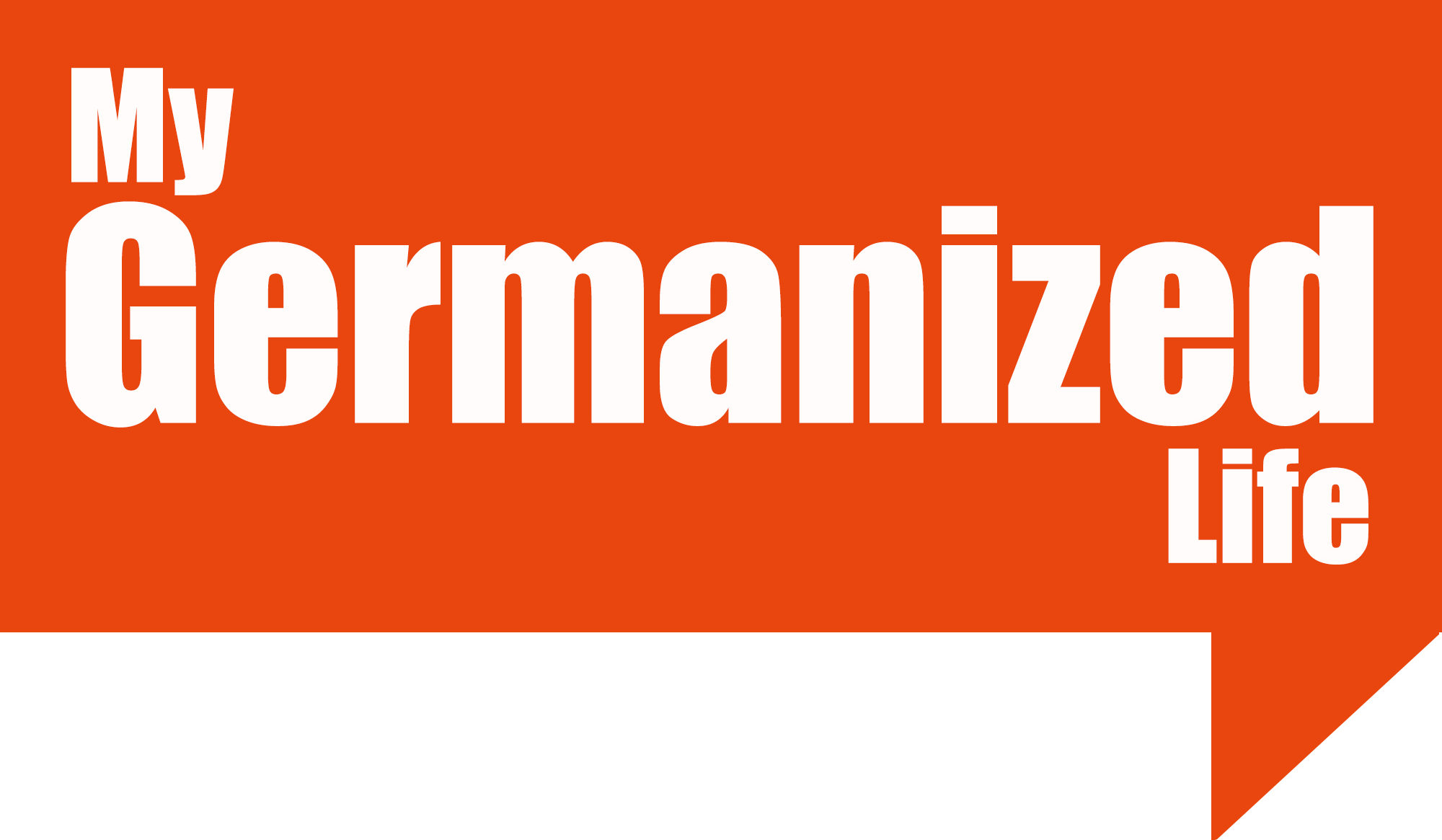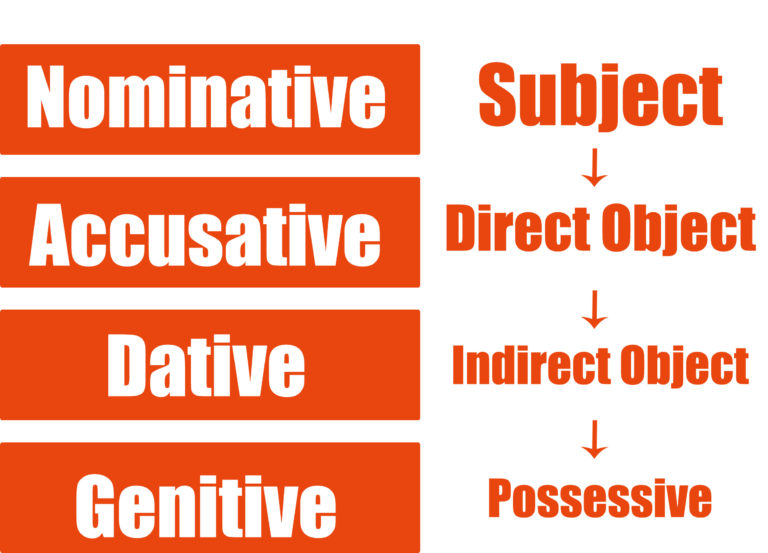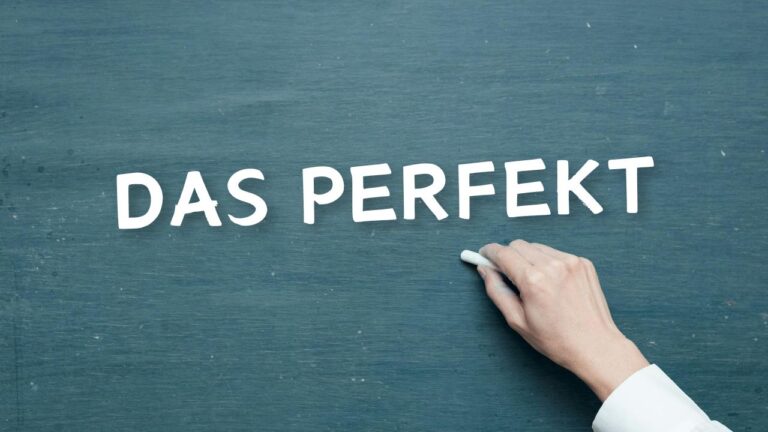Learning to conjugate German verbs in the present tense is one of the first leaps you’ll take in improving your language fluency. The German present tense is highly useful and versatile in written and spoken German. The Präsens is also easy to learn since it merges what would be two separate tenses in English into one.

Table of Contents
- What Is the German Present Tense?
- How to Form the German Present Tense
- Weak Verbs in the German Present Tense
- Strong Verbs in the German Present Tense
- Vowel-Changing Verbs in the German Present Tense
- German Modal Verbs in the Present Tense
What Is the German Present Tense?
The present tense, or Präsens in German, is for talking about actions that are either currently happening or occur regularly. Unlike English, German only has one present tense instead of two. German doesn’t differentiate between the present simple and present continuous. This simplification makes learning the German present tense easy for beginners. For example, the sentence “Ich gehe” can mean “I go” and “I am going,” depending on the context.
When to Use the German Present Tense
You use the present tense in German to talk about current, repeating, and future events. It’s also the most common tense in German.
Use the present tense to talk about:
- Current actions – ich schlafe (I am sleeping)
- Recurring events – Du arbeitest jeden Montag (You work every Monday)
- Ongoing activities – Er studiert Medizin seit zwei Jahren (He’s been studying medicine for two years)
- The near future – Sie reserviert uns einen Tisch (She’s reserving a table for us)
How to Form the German Present Tense
Forming the present tense of German verbs depends on whether the verb is weak or strong. Weak verbs follow the conjugation rules precisely, while others vary. For example, some verbs change their stem vowels.
Weak Verbs in the German Present Tense
Form the present tense for regular German verbs with the verb stem and appropriate ending depending on the subject. The verb stem is the verb without its -n or -en ending. Check out these links to learn more about Regular German Verbs and Irregular Verbs in German.
The following chart is a helpful reference if you’re learning to conjugate regular German verbs in the present tense.
| Subject | Present Tense Ending | Example “lernen” (to learn) | Example “arbeiten” (to work) |
| ich (I) | -e | lerne | arbeite |
| du (you informal) | -st (-est) | lernst | arbeitest |
| er/sie/es (he/she/it) | -t (-et) | lernt | arbeitet |
| ihr (you plural) | -t (-et) | lernt | arbeitet |
| Sie/sie/wir (you formal/they/we) | -en | lernen | arbeiten |
In the table, you can see that the pronouns du, er/sie/es, and ihr have a -t ending for the verb “lernen” and an –et or -est ending for the verb “arbeiten.” The addition of the -e is necessary for pronunciation and is typically easy to identify.
This German Pronouns Guide can serve as a reminder in case you forget what they are or how to use them.
German Present Tense Conjugation Exceptions
Usually, you’ll add this -e if the infinitive stem ends in –d, –t, -m or –n, and a consonant precedes it. This rule is for the du, er/sie/es, and ihr forms.
- Arbeiten – Du arbeitest
- Erwarten – Du erwartest
- Bilden – Du bildest
However, this rule doesn’t apply if the verb has a changing vowel, which is rare.
- Laden – du lädst
- Halten – du hältst
Similarly, If the verb stem ends in –s, –ß, –x, or –z, you can drop the the –s for the du form.
- Tanzen – Du tanzt
- Sitzen – Du sitzt
- Heiβen – Du heβt
If the verb stem ends in–n instead of –en, then Sie/sie/wir forms may also only add an –n.
- Handeln – wir handeln
- Klingeln – sie klingeln
- Sammeln – Sie sammeln
Verbs with stems that end in -eln and –ern remove the –e and final –n and add the -e after the l for the ich form. The du and er/sie/es forms remove the final -n.
- Handeln – ich handle, du handelst, er/sie/es handelt
- Klingeln – ich klingle, du klingelst, er/sie/es klingelt
- Sammeln – ich sammle, du sammelst, er/sie/es sammelt
Strong Verbs in the German Present Tense
Irregular verbs follow unique conjugation patterns that you have to learn by heart. As a beginner, a good place to start is with the most common and important irregular verbs, haben (to have), sein (to be), and werden (to become).
| Subject | Haben (to have) | Sein (to be) | Werden (to become) |
| ich (I) | habe | bin | werde |
| du (you informal) | hast | bist | wirst |
| er/sie/es (he/she/it) | hat | ist | wird |
| ihr (you plural) | habt | seid | werdet |
| Sie/sie/wir (you formal/they/we) | haben | sind | werden |
Looking at the similarities between German and English can make learning these strong verbs easier. Both languages require you to memorize the irregular forms because they don’t follow predictable patterns.
As in English, the most common verbs often have irregular forms, think “to be” and “to do.” For example, the English, “I have,” is very similar to the German “ich habe.” Also, “er hat” is like the English “he has.” And “she is” is like the German “sie ist.” Repetition is key to learning how to conjugate strong verbs correctly.
Vowel-Changing Verbs in the German Present Tense
Some irregular German verbs change their vowels when you are conjugating them in the present tense. These vowel changes apply to the subjects er/sie/es and du. Vowels tend to change in one of the following ways:
- From a to ä
- From e to i
- From e to ie
Here are some examples
| Subject | Fahren (to drive) (a to ä) | Nehmen (to take) (e to i) | Legen (to put) (e to ie) |
| ich (I) | fahre | nehme | lege |
| du (you informal) | fährst | nimmst | liegst |
| er/sie/es (he/she/it) | fährt | nimmt | liegt |
| ihr (you plural) | fahrt | nehmt | legt |
| Sie/sie/wir (you formal/they/we) | fahren | nehmen | legen |
Notice that the vowel change is the only difference between the conjugation of these verbs and regular verbs. The rest of the standard present tense conjugation rules still apply.
a to ä Vowel Changes
The following words are examples of German verbs that change their vowels from “a” to “ä” in some present tense conjugations.
| Subject | tragen (carry) | schlafen (sleep) | laufen (may) | waschen (wash) |
| ich (I) | trage | schlafe | laufe | wasche |
| du (you informal) | trägst | schläfst | läufst | wäschst |
| er/sie/es (he/she/it) | trägt | schläft | läuft | wäscht |
| ihr (you plural) | tragt | schlaft | lauft | wascht |
| Sie/sie/wir (you formal/they/we) | tragen | schlafen | laufen | waschen |
The vowel change only applies to the “du” and “er/sie/es” conjugations.
e to i Vowel Changes
Let’s look at examples of German verbs that change their “e” to an “i” in the present tense.
| Subject | essen (help) | geben (eat) | helfen (may) | sprechen (wash) |
| ich (I) | esse | gebe | helfe | spreche |
| du (you informal) | isst | gibst | hilfst | sprichst |
| er/sie/es (he/she/it) | isst | gibt | hilft | spricht |
| ihr (you plural) | esst | gebt | helft | sprecht |
| Sie/sie/wir (you formal/they/we) | essen | geben | helfen | sprechen |
Once again, the vowel change is only taking place for the “du” and “er/sie/es” forms, while the other subjects follow standard conjugation rules without vowel changes.
“e” to “ie” Vowel Changes
Finally, let’s look at German verbs that change their vowel from “e” to “ie.”
| Subject | lesen (read) | sehen (see) |
| ich (I) | lese | sehe |
| du (you informal) | liest | siehst |
| er/sie/es (he/she/it) | liest | sieht |
| ihr (you plural) | lest | seht |
| Sie/sie/wir (you formal/they/we) | lesen | sehen |
Remember that there are other rare exceptions. One example is the word “wissen” (to know) that changes its “i” to an “ei” and its double “s” to a “β.” The verb “wissen” changes to “ich weiβ,” “du weiβt,” and er/sie es “weiβ.”
German Modal Verbs in the Present Tense
The modal verbs in German also follow unique conjugation patterns. Here’s a table that you can use for reference:
| Subject | können (can) | müssen must) | dürfen (may) | wollen (want) | sollen (should) | mögen (like) |
| ich (I) | kann | muss | darf | will | soll | mag |
| du (you informal) | kannst | musst | darfst | willst | sollst | magst |
| er/sie/es (he/she/it) | kann | muss | darf | will | soll | mag |
| ihr (you plural) | könnt | müsst | dürft | wollt | sollt | mögt |
| Sie/sie/wir (you formal/they/we) | können | müssen | dürfen | wollen | sollen | mögen |
For the German modal verbs, notice how the vowel only changes for the “ich,” “du,” and er/sie/es” forms. The “ihr” and “Sie/sie/wir” forms follow standard conjugation patterns.





